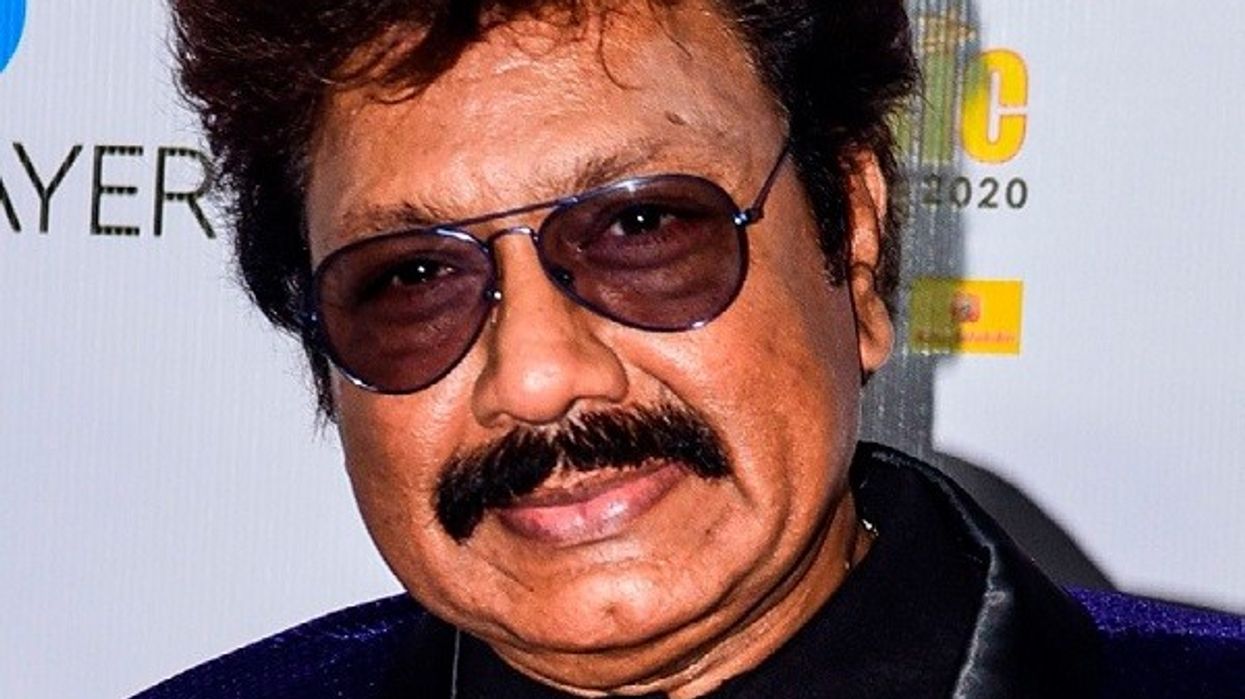By Trusha Dawada
SHRAVAN KUMAR RATHOD died last Thursday (22) in Mumbai, from Covid complications and organ failure.
Born on November 13, 1954, he was from a music family. His father, Pandit Chaturbhuj Rathod was a classical music maestro. When Shravan was only five, he learned to play the tabla; by the age of seven he was giving live performances. He was inspired to compose music for films after attending a recording session of the composers Kalyanji-Anandji.
Shravan was one part of the dynamic duo, Nadeem-Shravan. From 1987 to 2005 the team produced their most popular hits, working with leading producers and directors, such as Mahesh Bhatt for the film Aashiqui, which was their breakthrough film music album in 1990. It was rated the fourth best soundtrack ever by Planet Bollywood on their hundred greatest Bollywood soundtracks list.
They also worked with producer-director Subhash Ghai of Mukta Arts for the film Pardes, starring Shah Rukh Khan; producer Ratan Jain of Venus Films for the film Dhadkan, starring Akshay Kumar and director Dharmesh Darshan for Raja Hindustani, starring Aamir Khan, among many, many more. Their success helped music label T-Series rise to fame.
Members of the Indian film fraternity spoke of their devastation by his loss. Sonu Nigam said that Nadeem-Shravan were instrumental in his rise. They introduced him to filmmaker Subhash Ghai and Sonu was chosen to sing in the film Pardes.
Ghai remembered Shravan as a “great humble soul” and spoke of his delight with the work they produced for his film Pardes, especially the song I Love My India.
Nadeem Saifi said he was broken, as he has lost a dear brother, “my Shanu is no more. We have seen an entire life together. We saw our highs, we saw our lows. We’ve grown up with each other in many ways. We never lost touch and no physical distance could ever separate the two of us. I am in deep pain as I say this, but my friend and companion, my partner of so many years is no more. It has left such a vacuum. I spoke to his son who was inconsolable”.
Nadeem-Shravan was the success it was because of their teamwork. Oscar-winner AR Rahman said on social media, “Our music community and your fans will miss you immensely”.
Actor Ajay Devgn said, “Shravan (and Nadeem) walked 30 years alongside me in my career with the evergreen album for Phool Aur Kaante. Very sad, very unfortunate to hear of his demise last night.”
Producer Boney Kapoor, who collaborated with the duo on two films, tweeted that he was “deeply pained to hear of the demise of music Director Shravan. Have wonderful memories of working with him”. Shravan’s wife and son are still in hospital fighting the Covid-19 virus.




